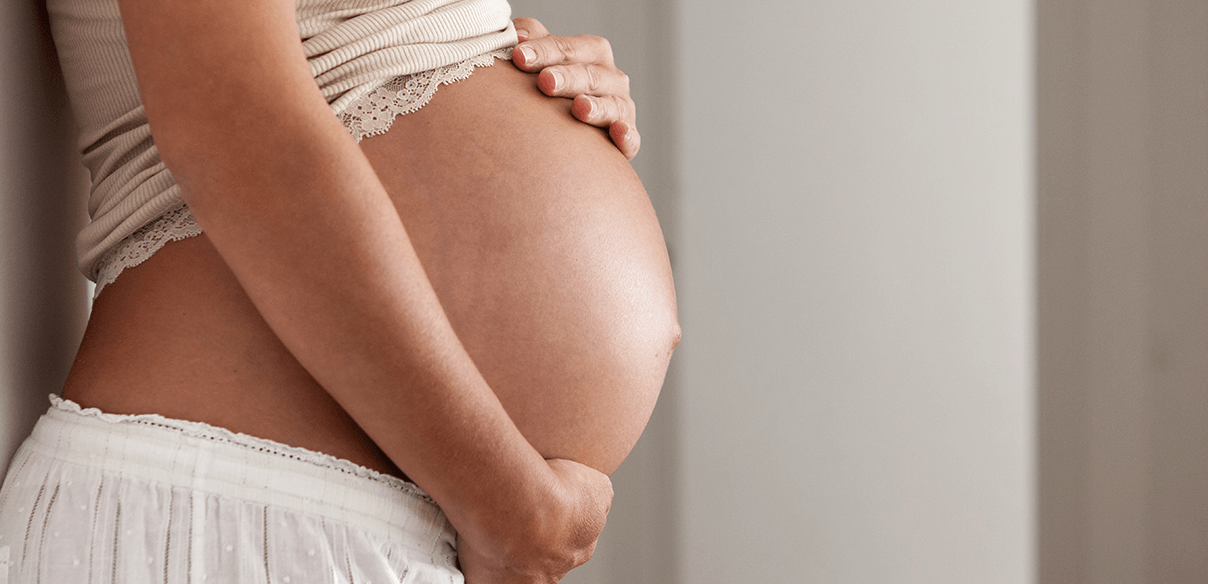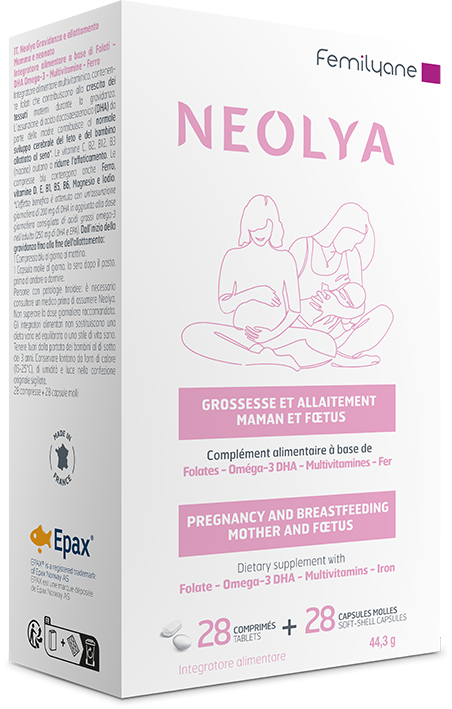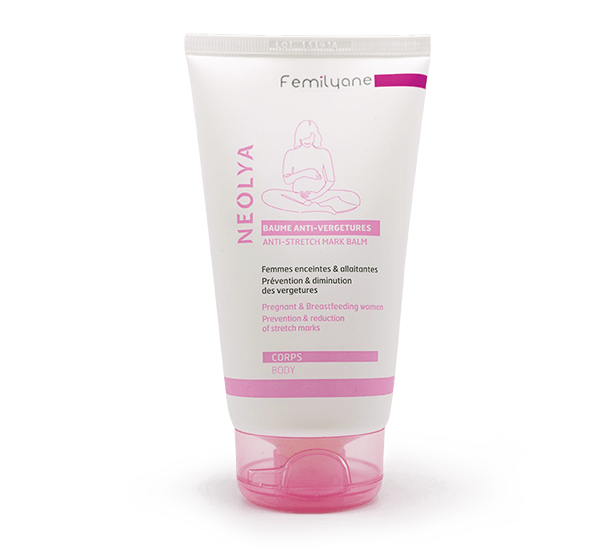Pregnancies are very intense emotionally and are also a time of big changes for the body. The increase in female hormones often upsets the balance of the flora in the intimate area, so thrush and irritation frequently occur.
After childbirth, it takes several months for the balance to be restored and during this time new mothers can suffer from dryness in the intimate area. This dryness can also occur if they have chosen to breastfeed.
A time of big changes
A woman’s intimate area is naturally inhabited by an abundant bacterial flora composed mainly of Doderlein’s bacilli or lactobacilli. These maintain the vagina’s natural acidity and thereby contribute to protecting the intimate area.
Other potentially pathogenic bacteria are also present in the vaginal flora in small quantities, but the lactobacilli prevent them from proliferating.
As it is directly dependent on hormones, the balance of this flora is fragile. Yet during pregnancy, the body undergoes a significant increase in oestrogen and progestogens. These major hormonal changes weaken the intimate area’s immunity and alter its pH, which encourages the multiplication of fungi, yeasts and pathogenic bacteria: thrush, irritation and infections may then appear.
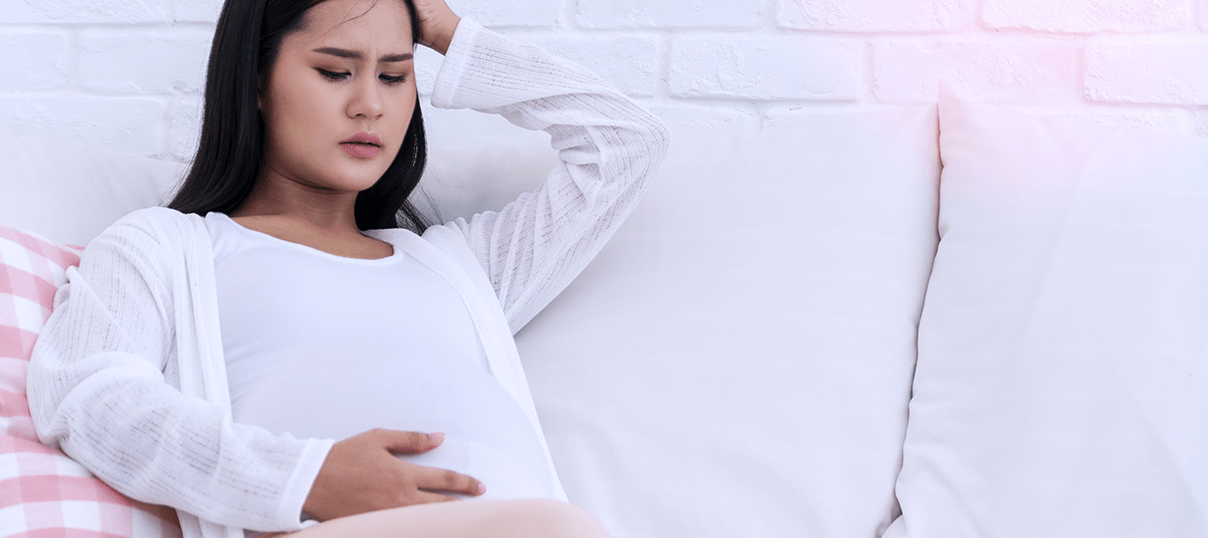
Good habits to adopt
As the intimate area is more vulnerable during pregnancy, it is wise to limit the risk factors for irritation as much as possible by adopting good intimate hygiene habits:
- • Wash yourself daily with a mild cleanser specially formulated for the intimate area. Avoid excess hygiene, as this can cause irritation.
- • Steer well clear of vaginal douches, as these alter the vaginal flora and increase the risk of infections.
- • Never use face cloths, as these are a breeding ground for bacteria.
- • Change your underwear daily and opt for 100% cotton.
- • Avoid wearing panty liners, as they promote maceration and irritation.
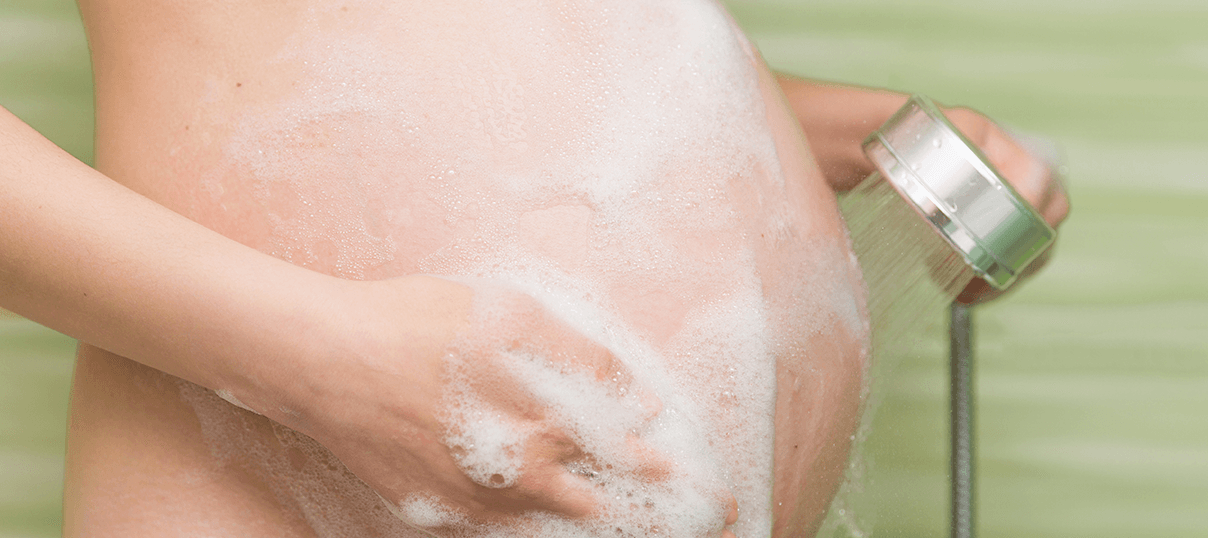
Should you experience irritation in your intimate area in spite of following this advice:
- • Switch temporarily to an intimate hygiene product formulated specifically for irritation – one that is antiseptic or with a higher pH (often around 8). Switch back to your usual hygiene product once the symptoms of irritation have disappeared.
- • Should you experience itching or a tingling sensation around the vulva and/or the vagina, along with heavy and unusual white or yellowish discharge, you might be suffering from thrush: speak to your gynaecologist about this and they will prescribe a suitable treatment, usually in the form of a cream and/or ovules.
- • You should also see your gynaecologist if you experience a burning sensation or unusual odour.

And after childbirth?
After childbirth, the sudden drop in oestrogen often causes vaginal dryness, which can make the intimate area uncomfortable and sexual intercourse painful. Don’t worry: this is a temporary situation and everything should get back to normal spontaneously within a few months.
Until then, keep up the good intimate hygiene habits you adopted during your pregnancy. In particular, avoid excessively washing your intimate area, as this alters the hydrolipidic film that protects your mucous membranes. You should also consider using a lubricant to facilitate intercourse, but steer clear of any that contain petroleum jelly or oil, as these make condoms porous and ineffective.
Should the vaginal dryness persist beyond a few months, see your gynaecologist. They will be able to suggest a medical solution suited to your situation.



